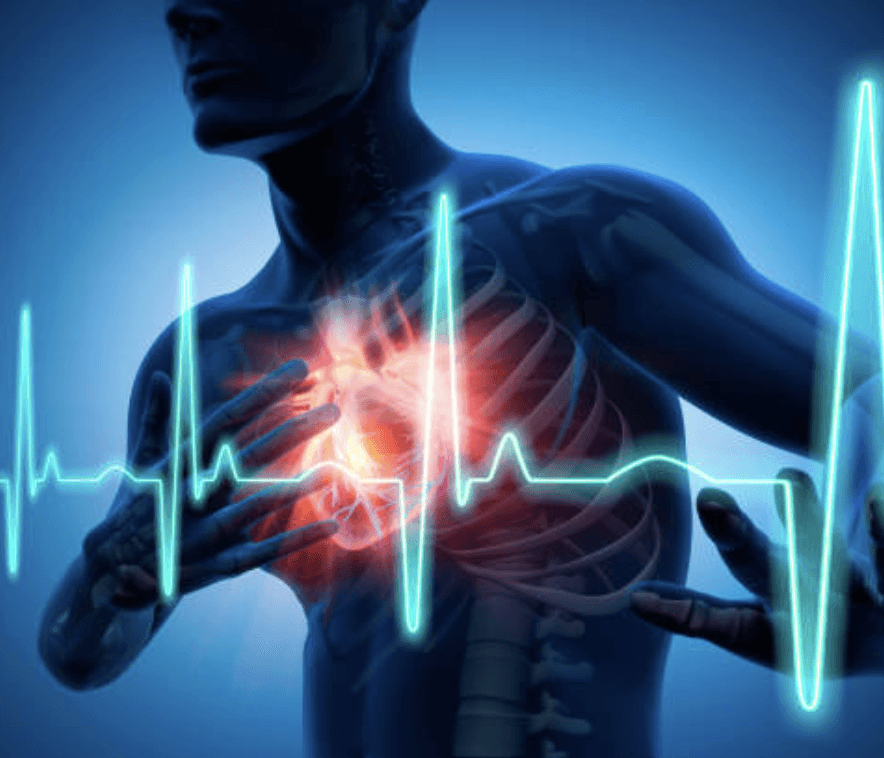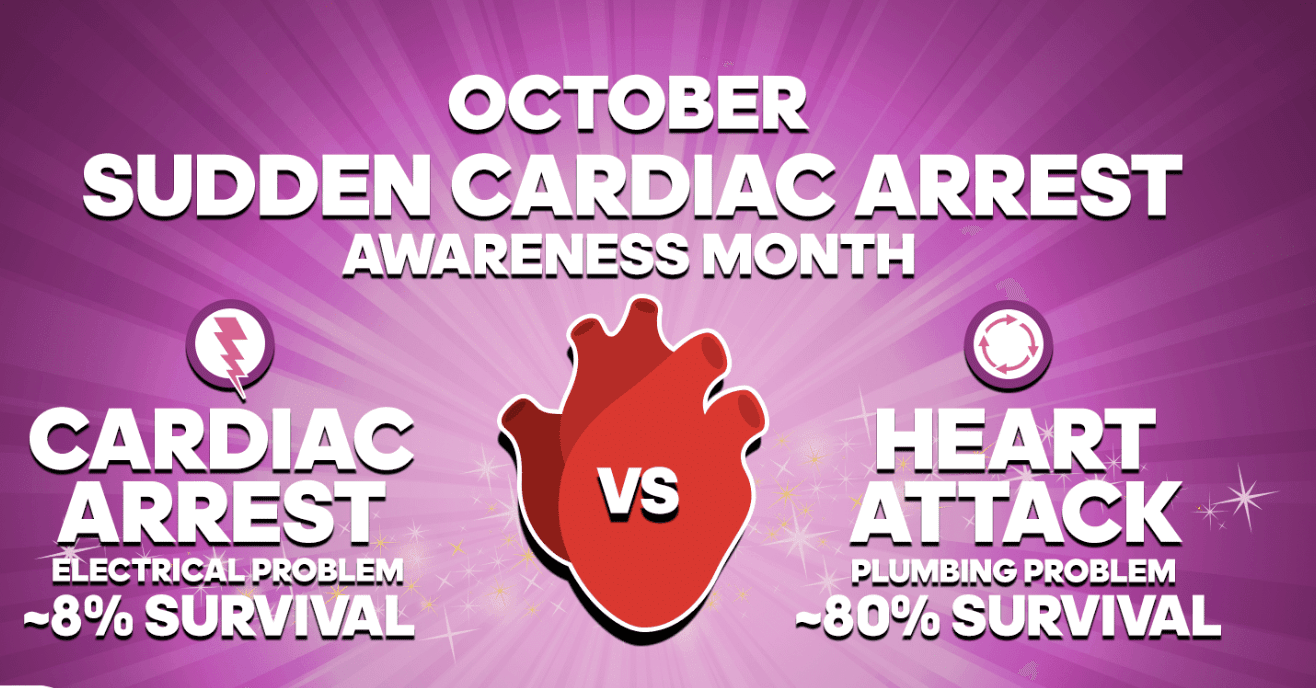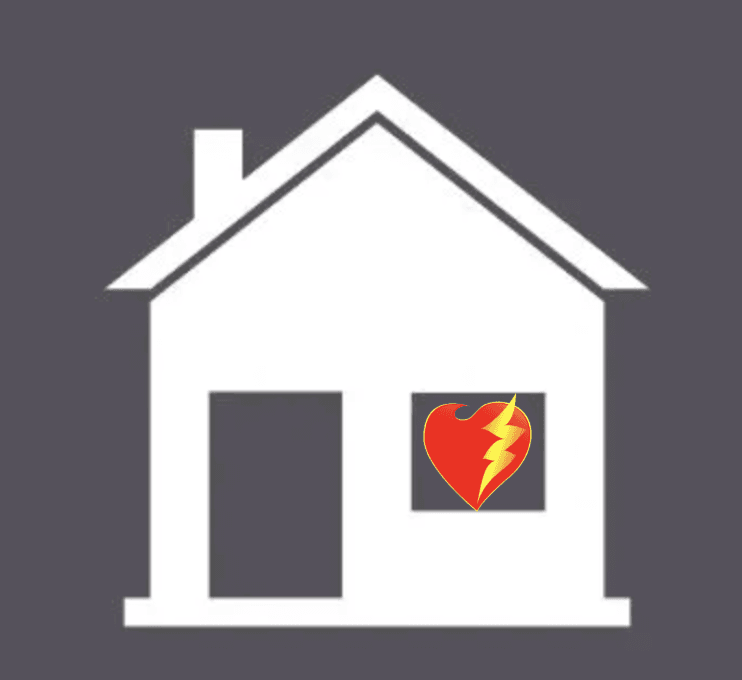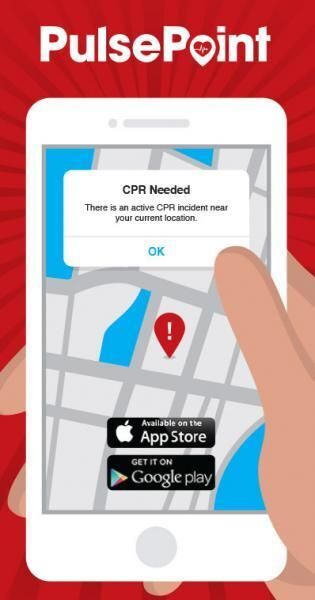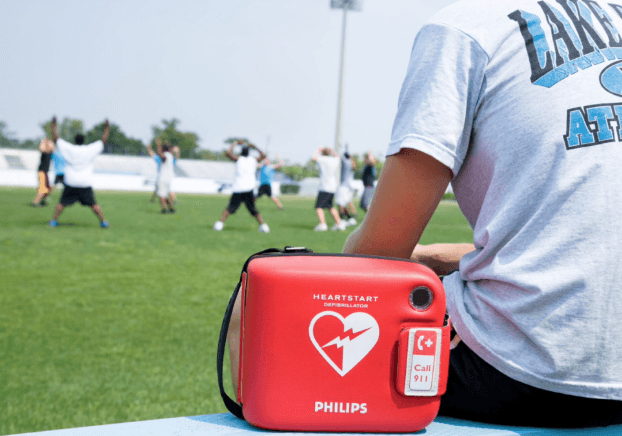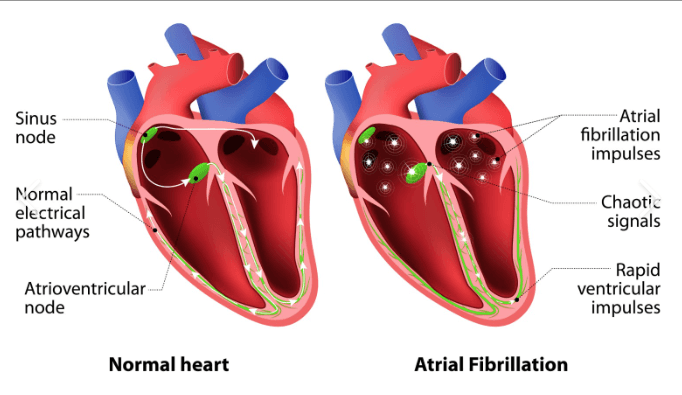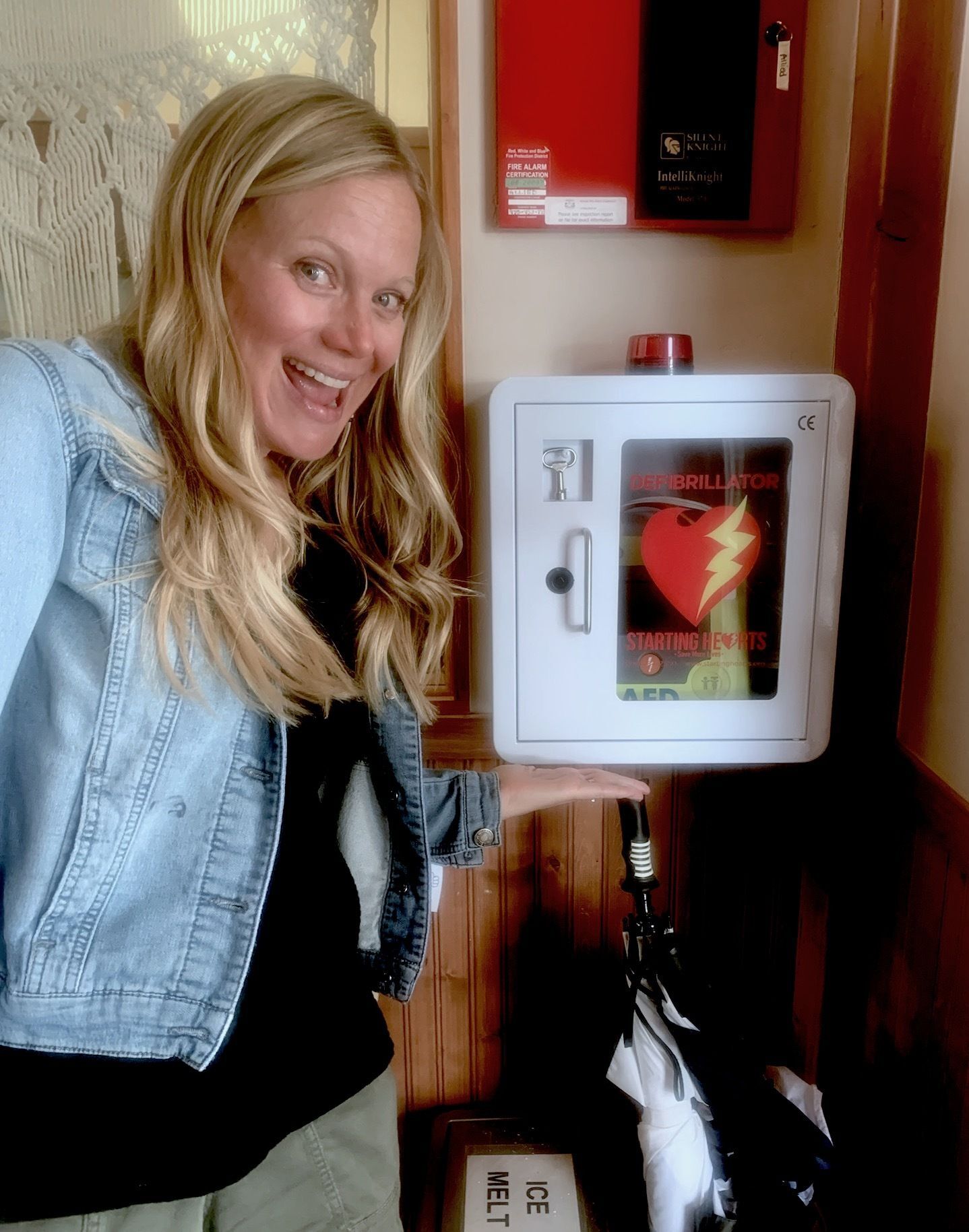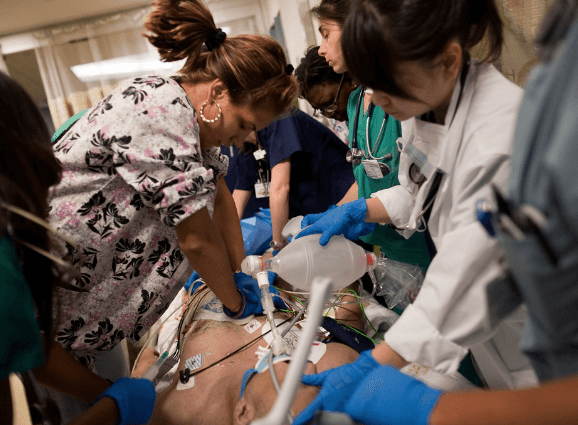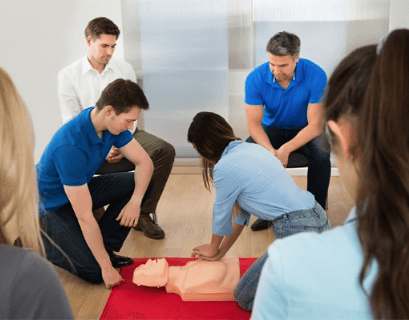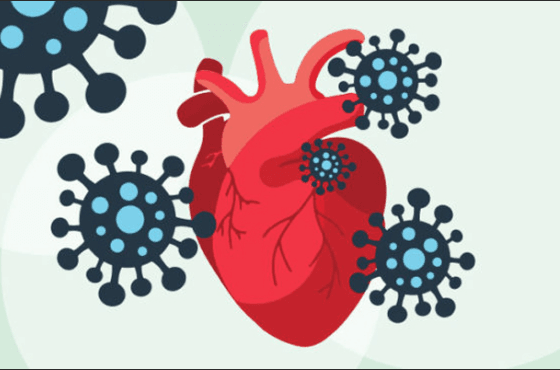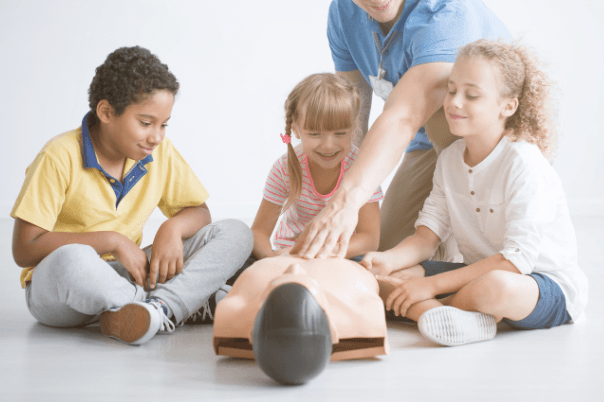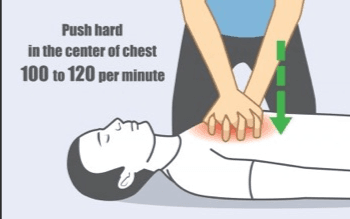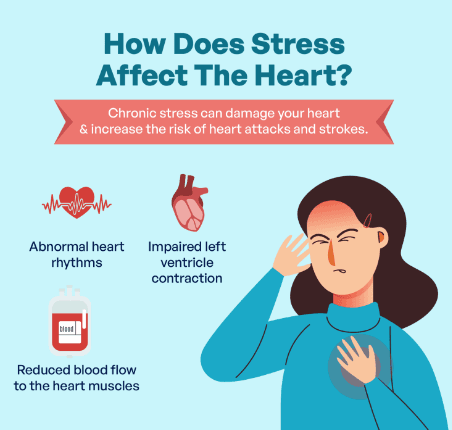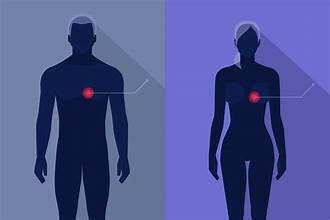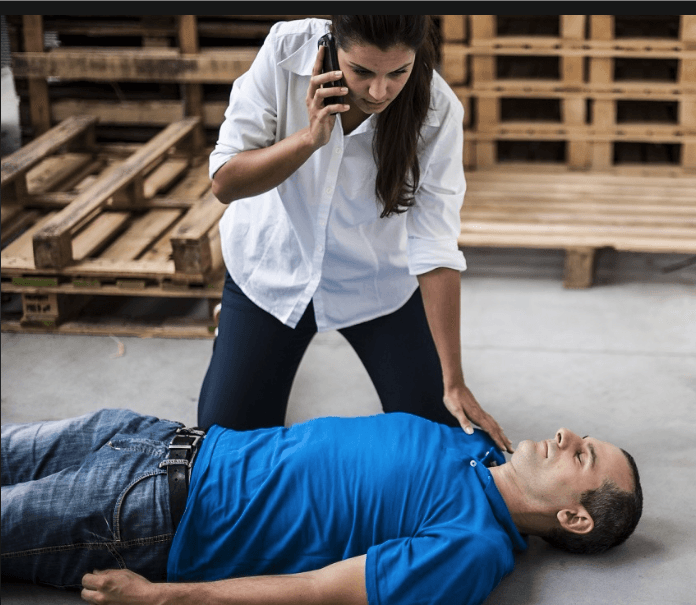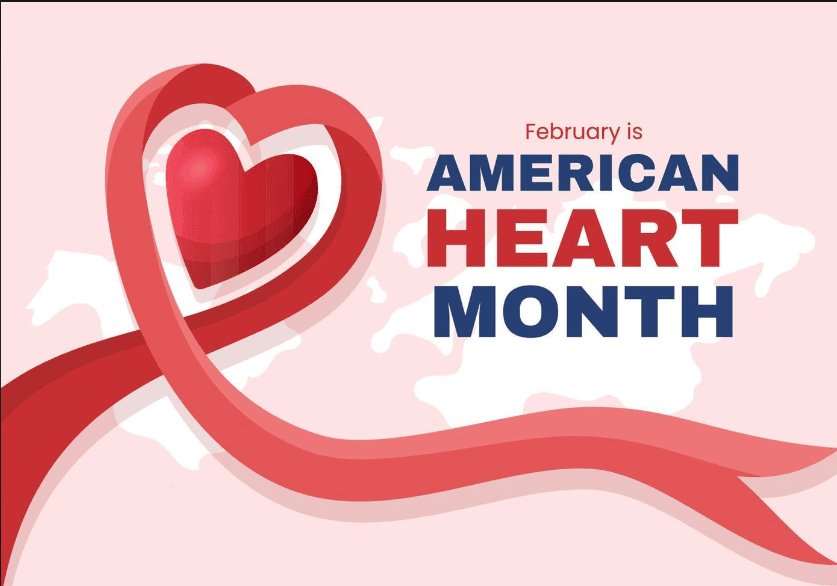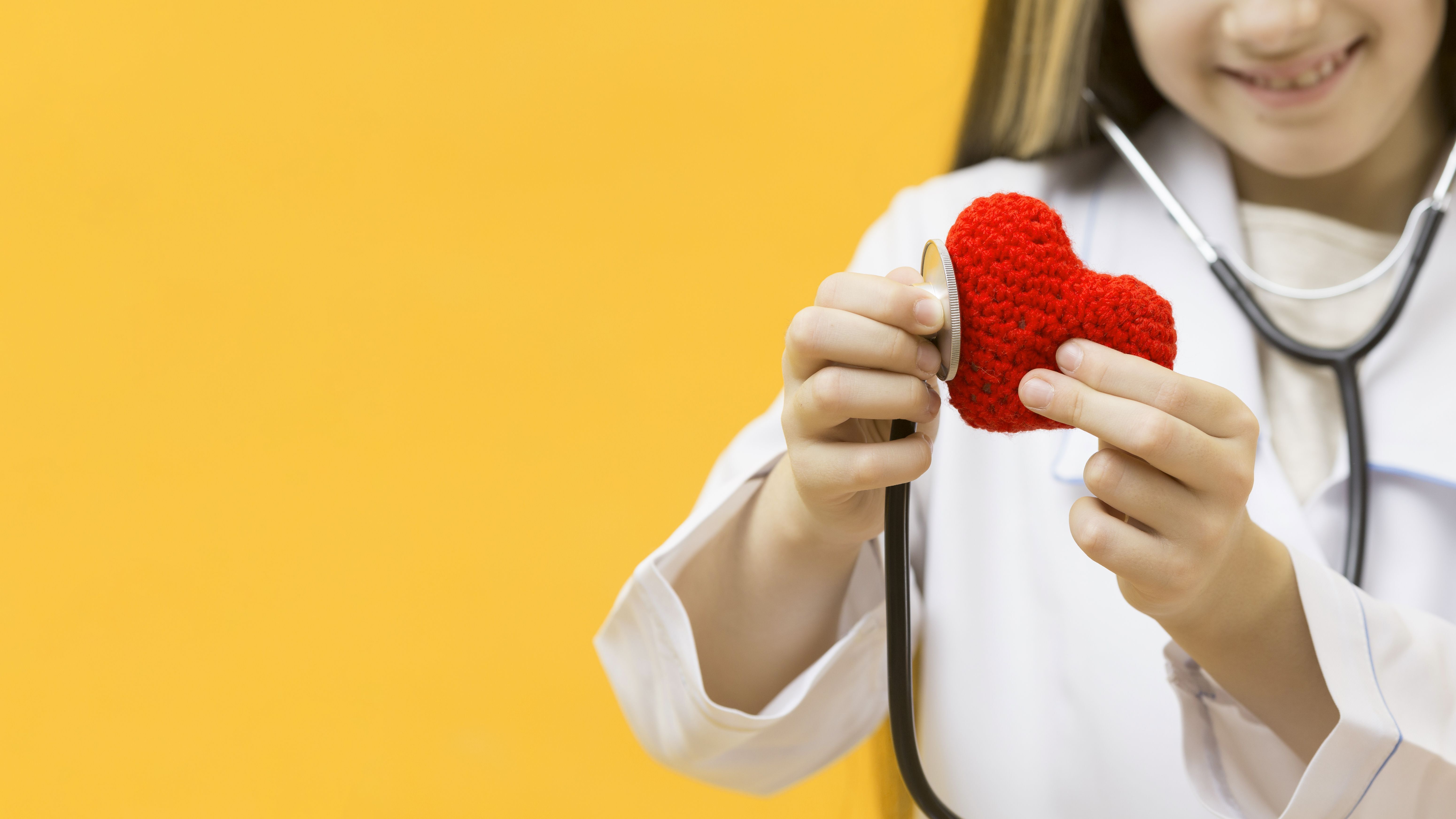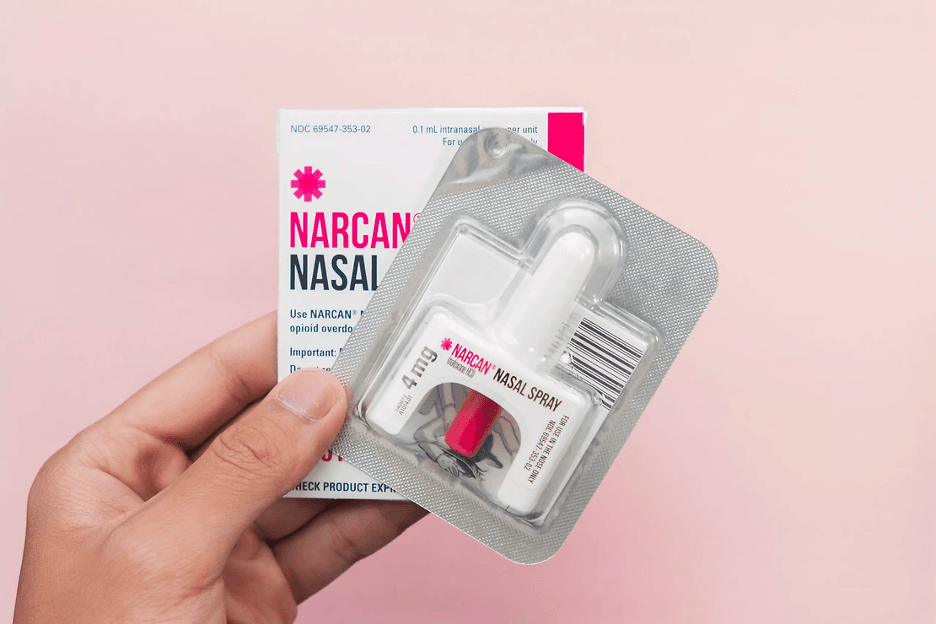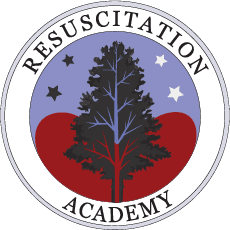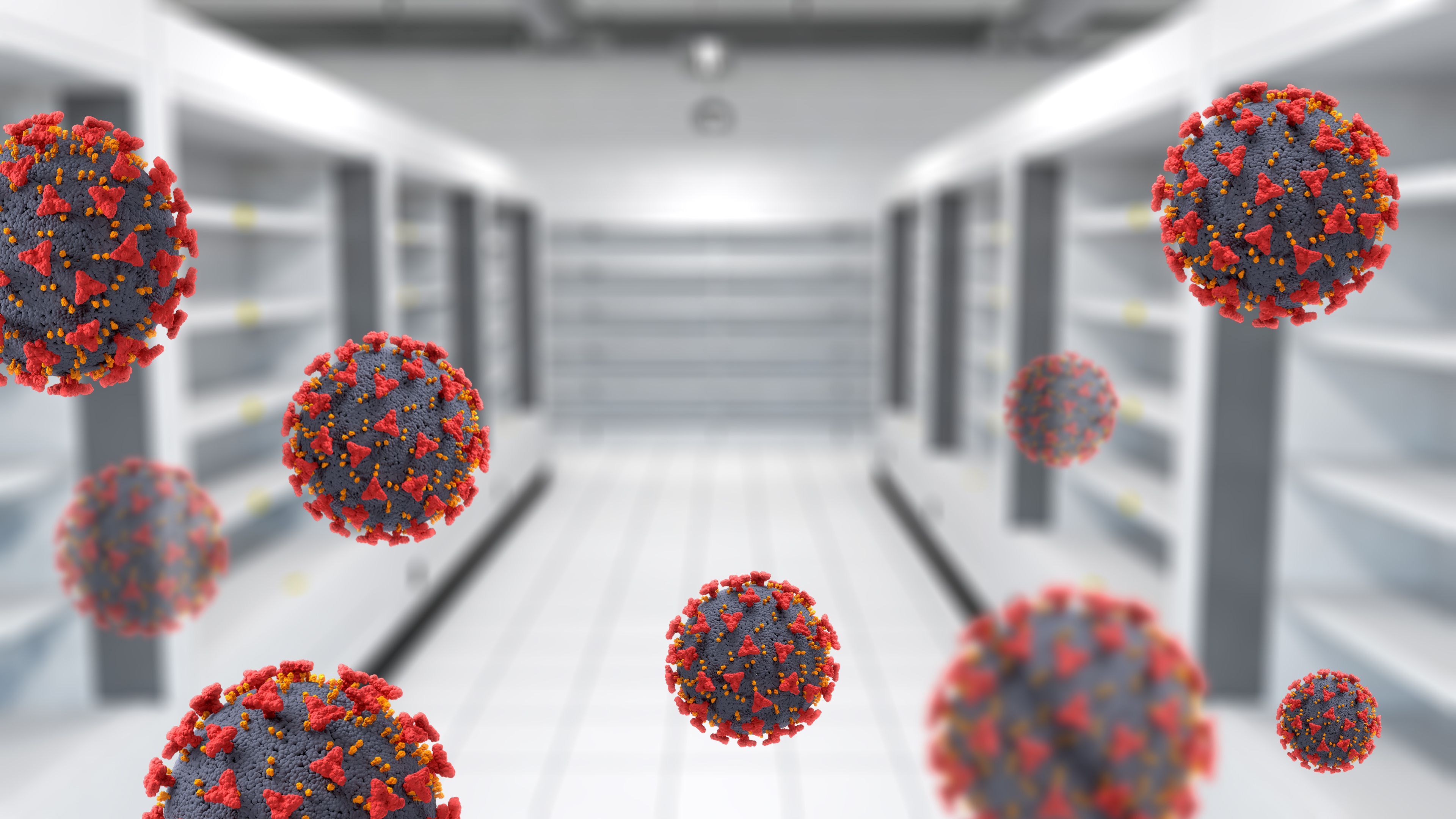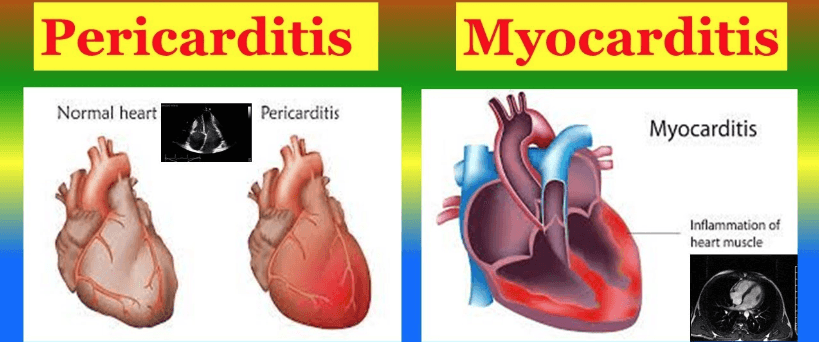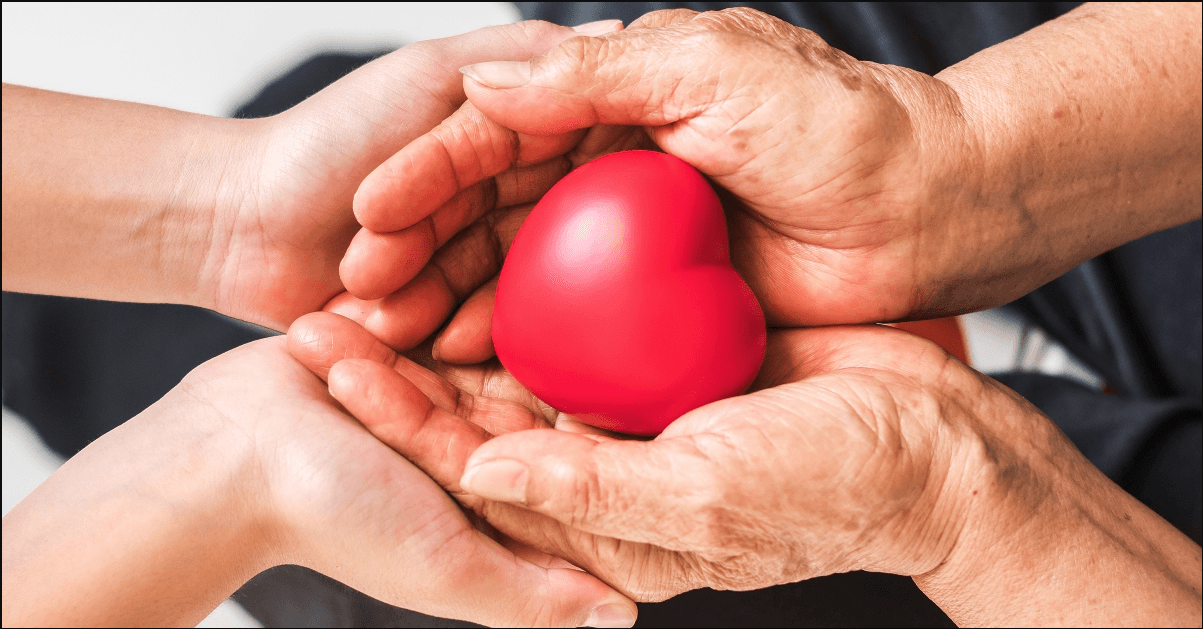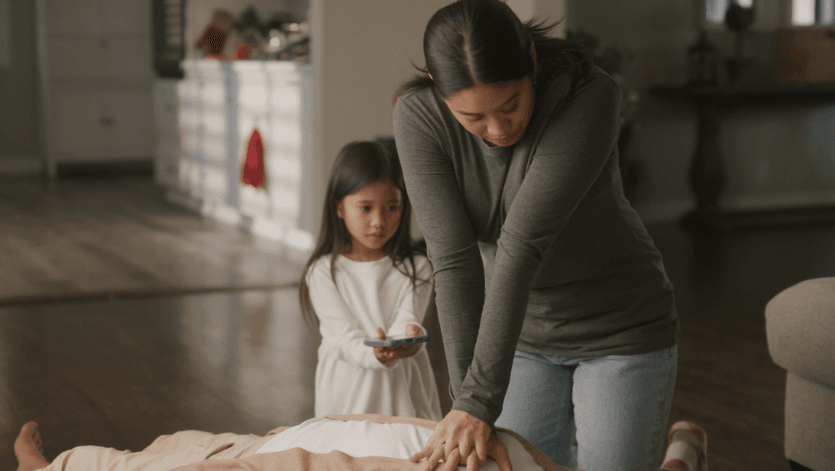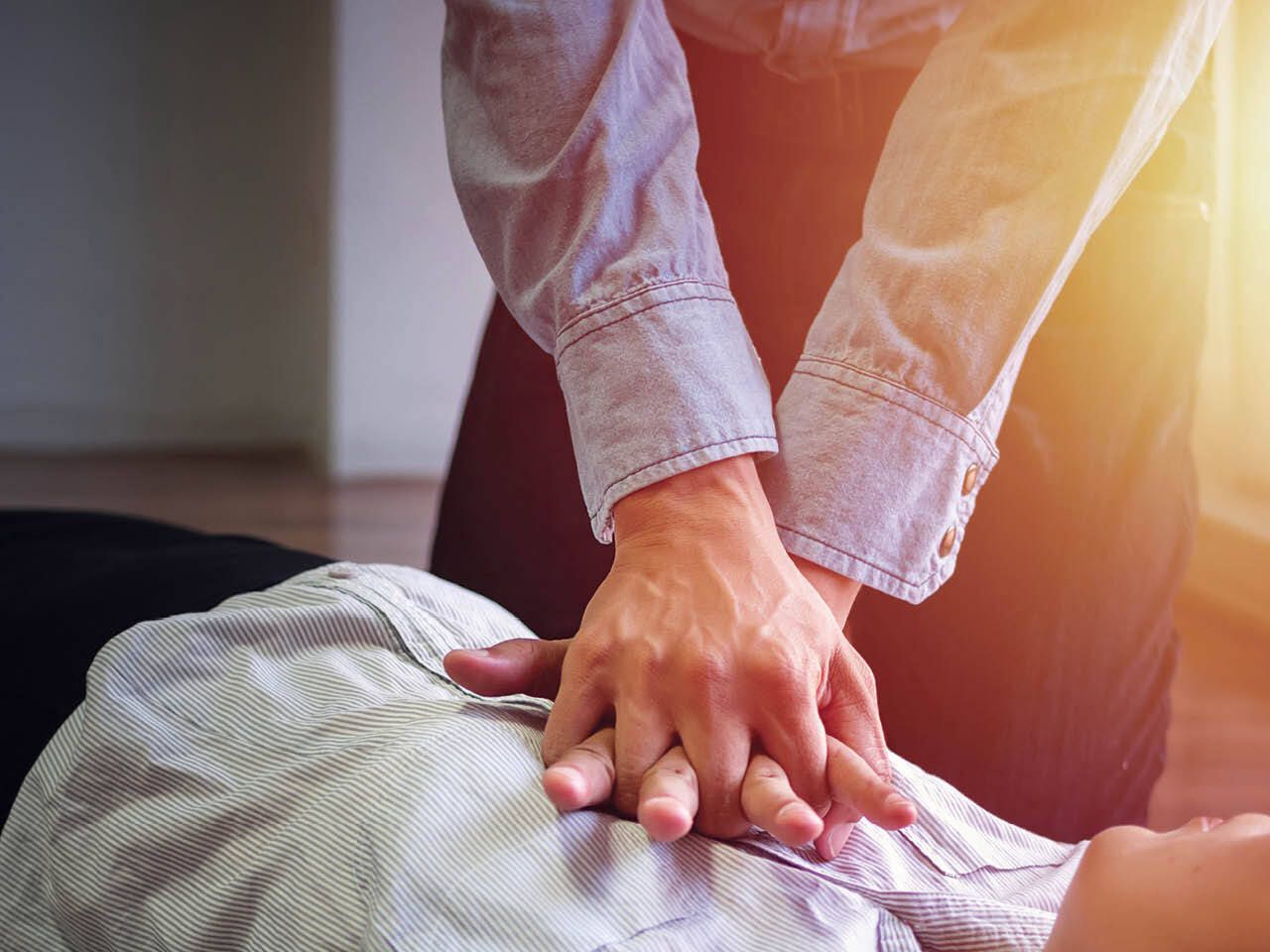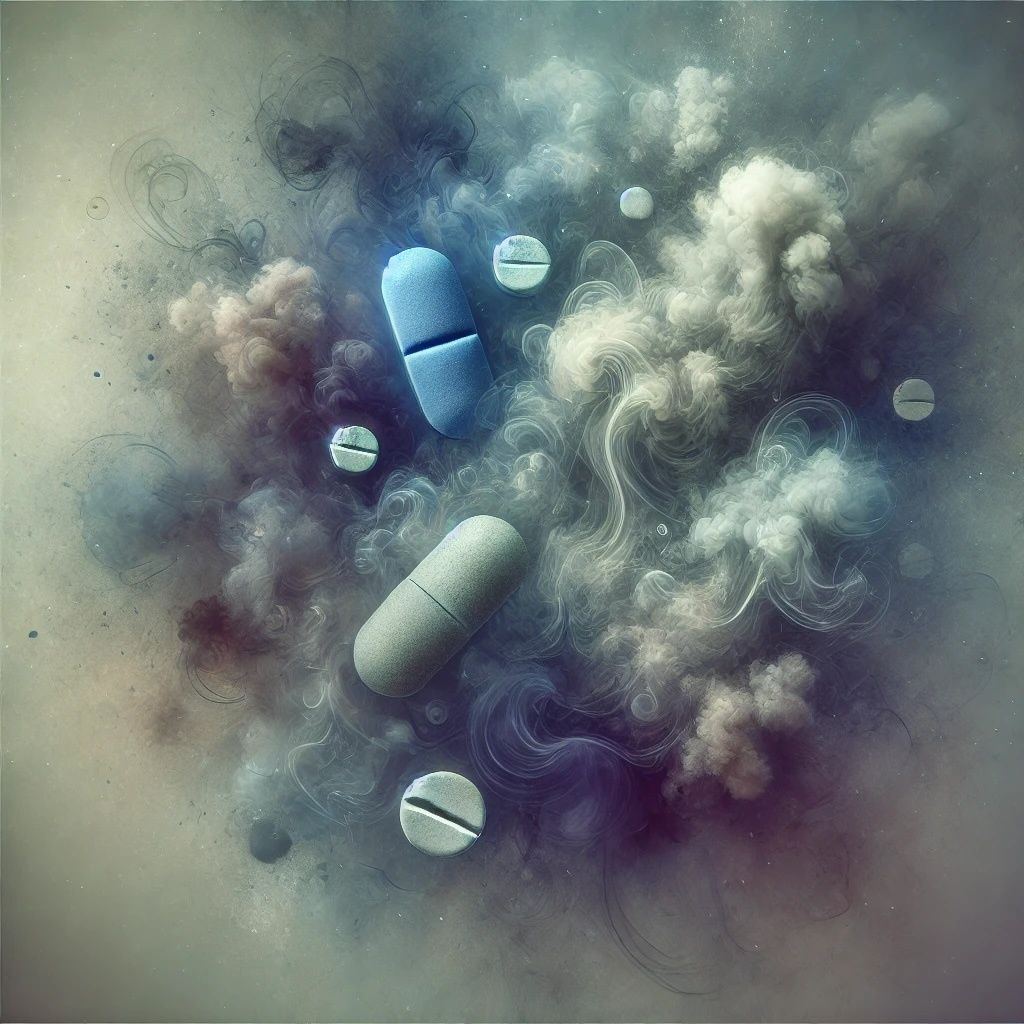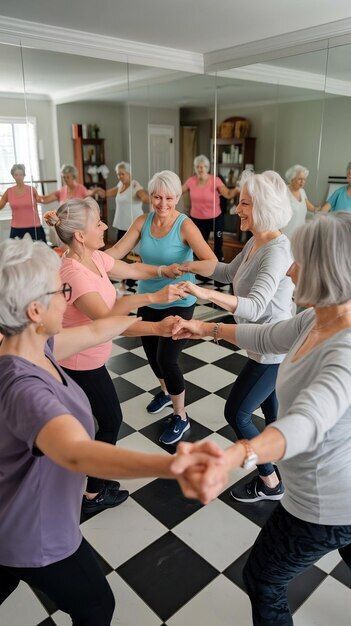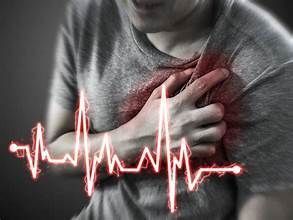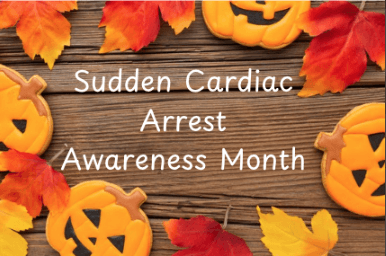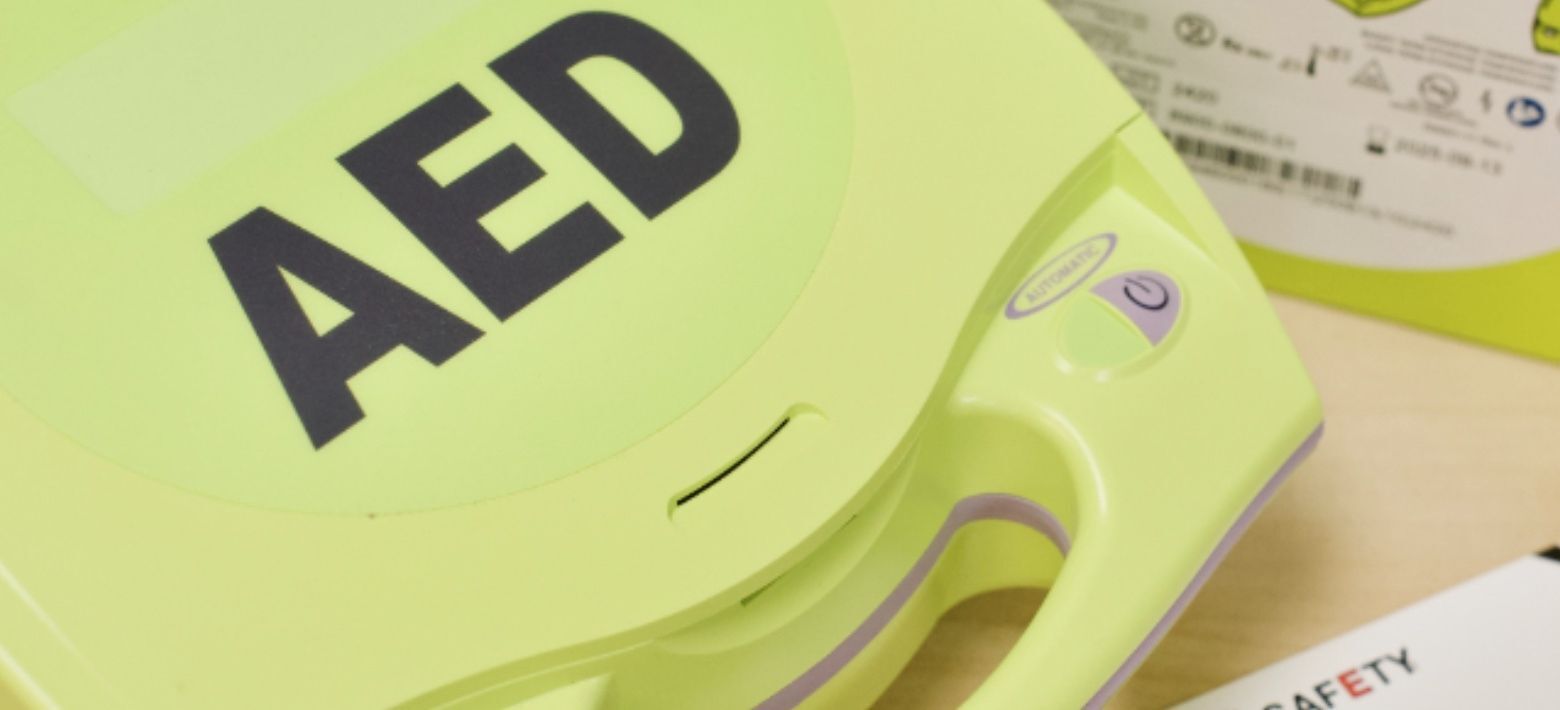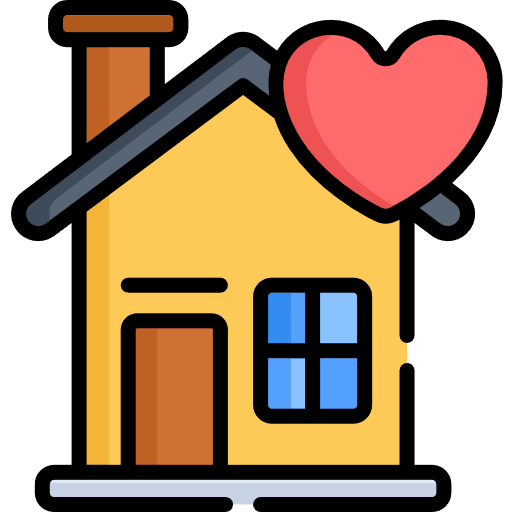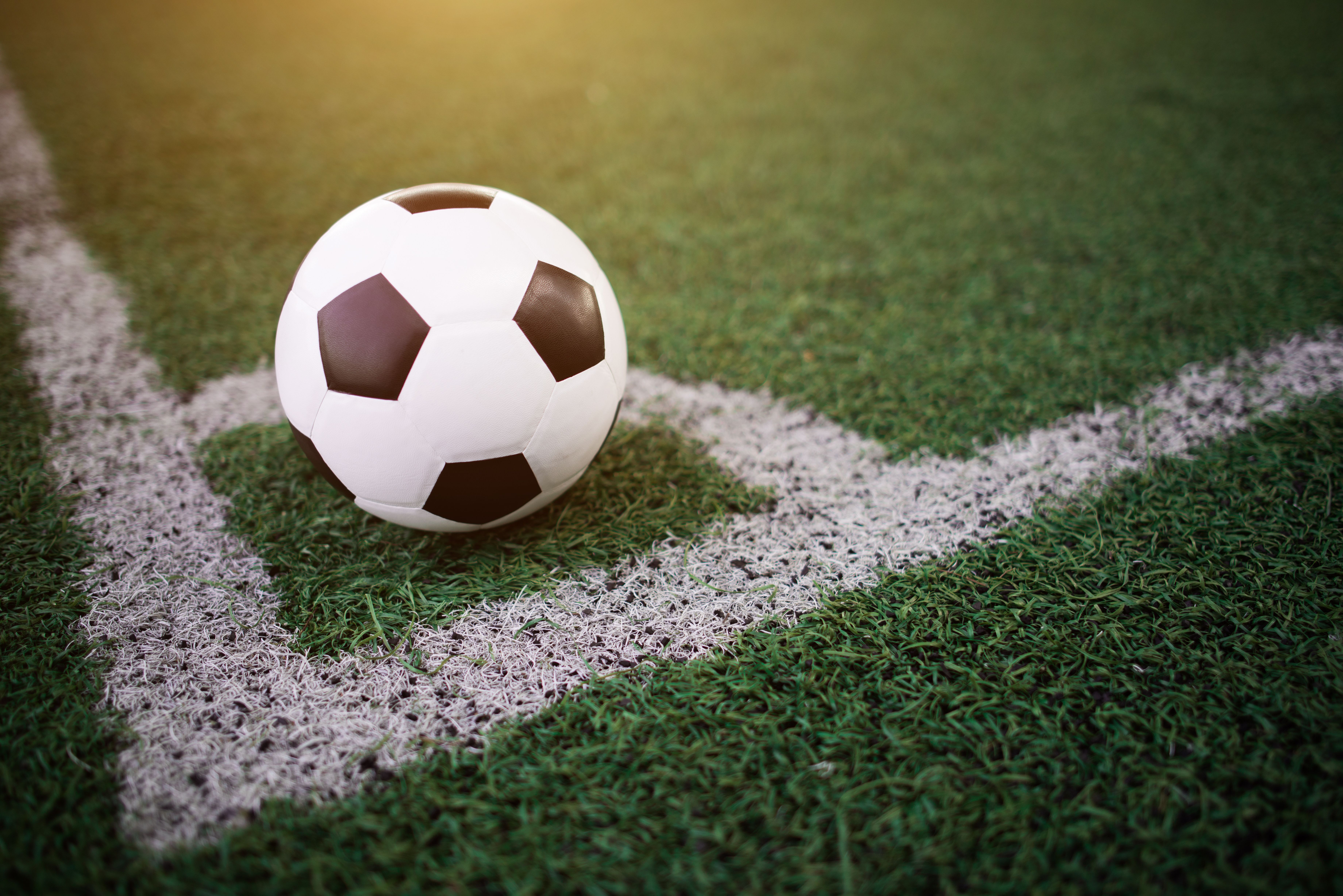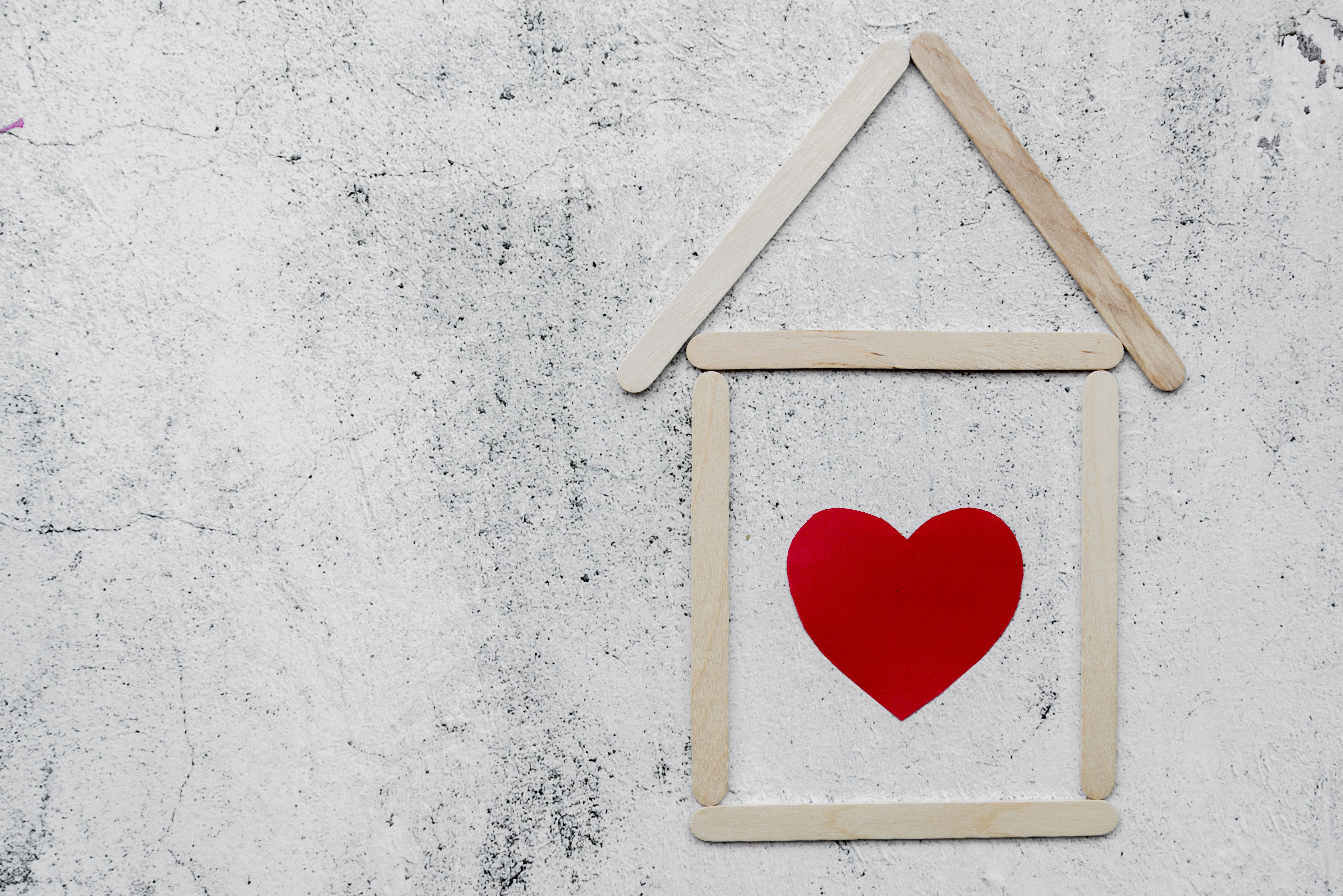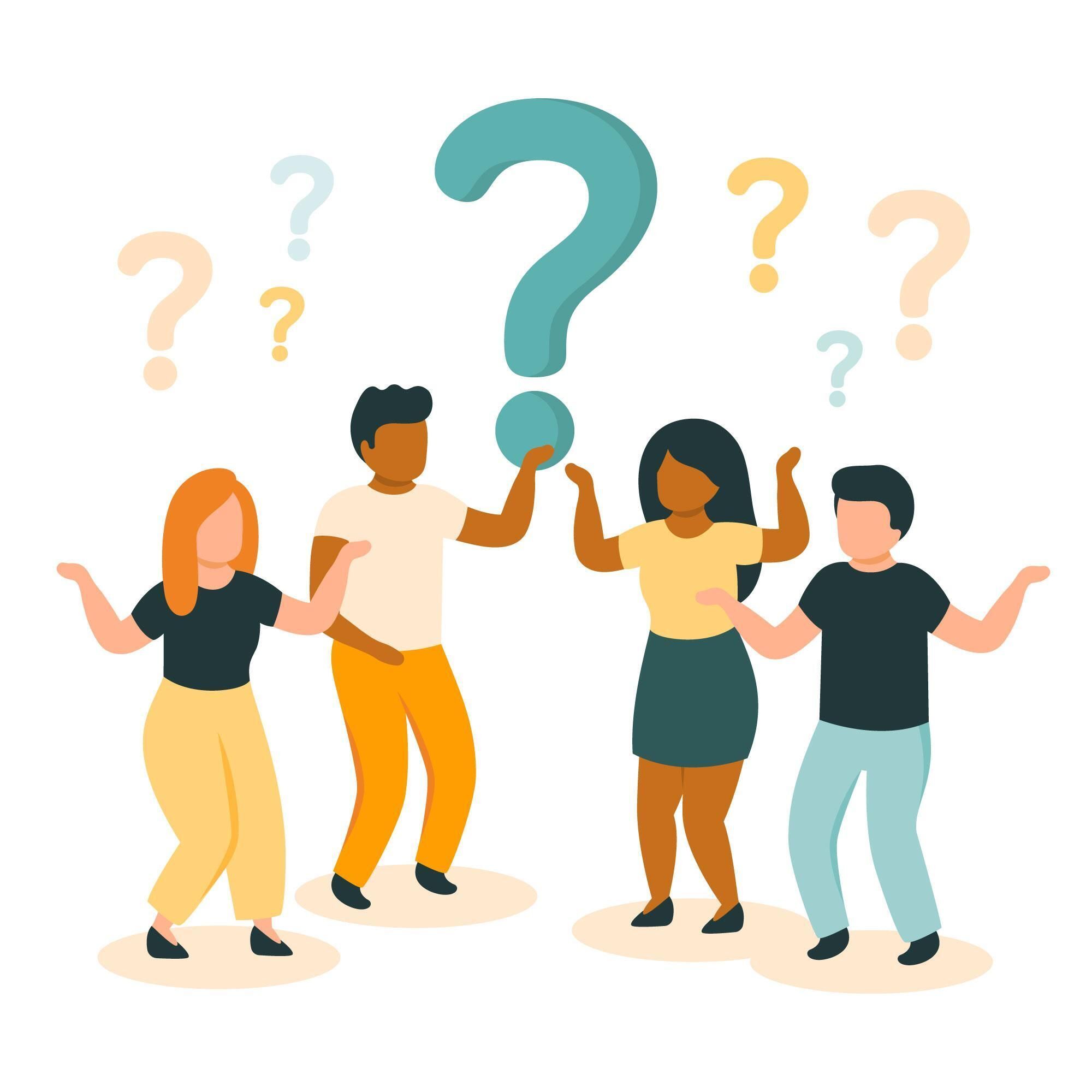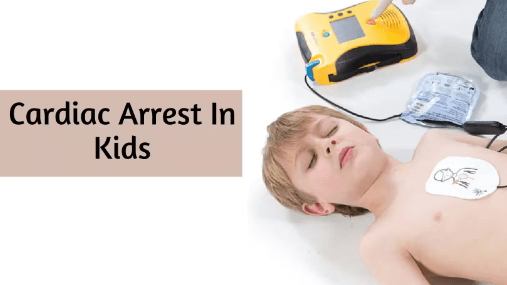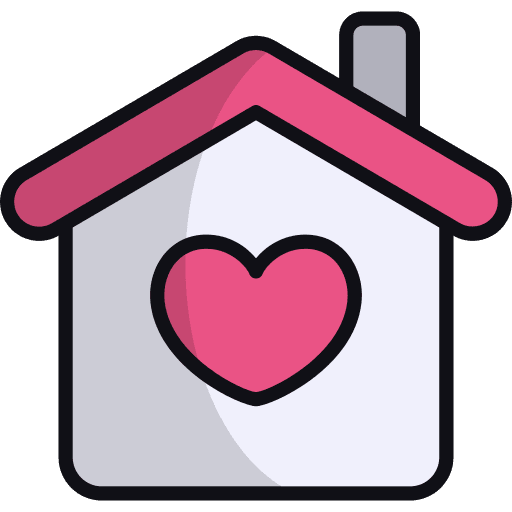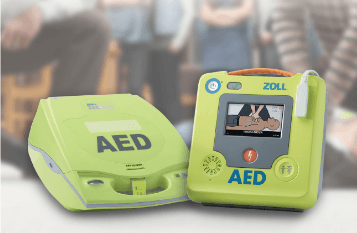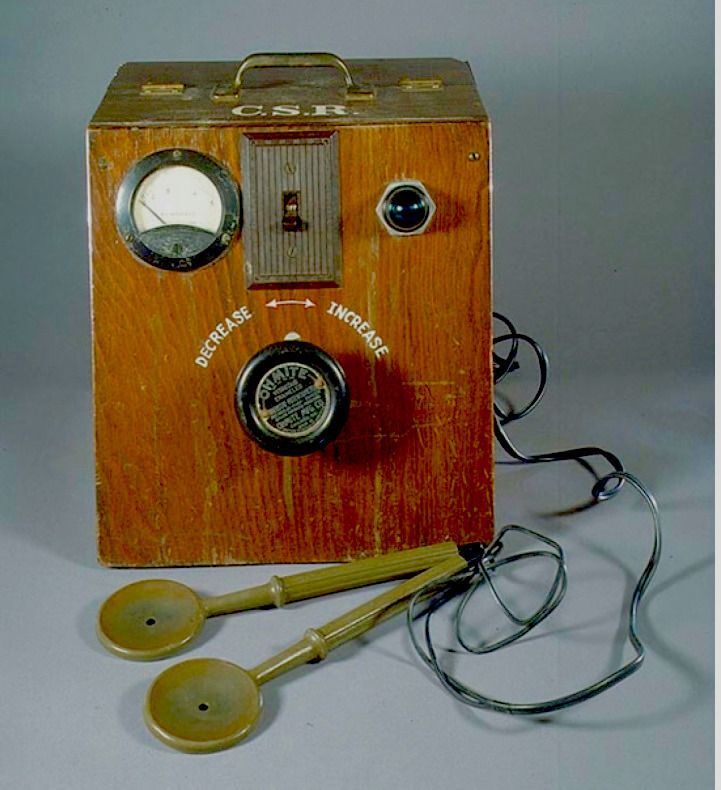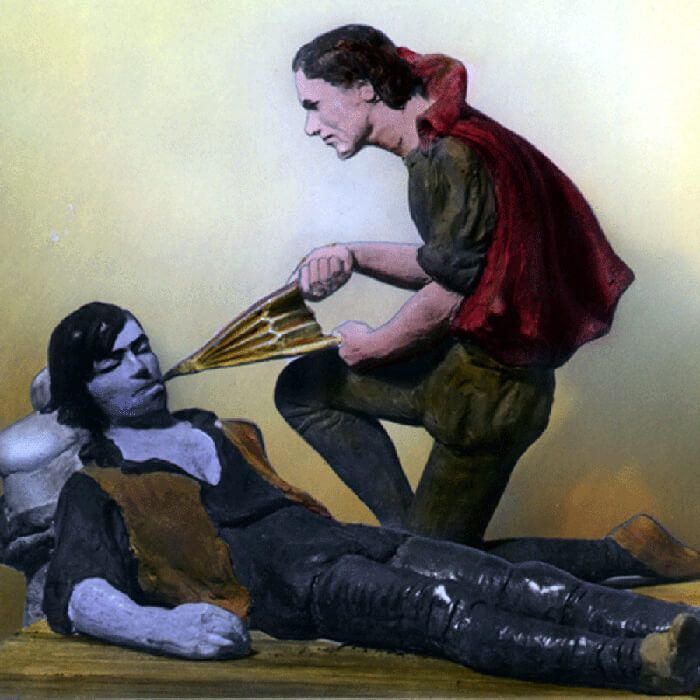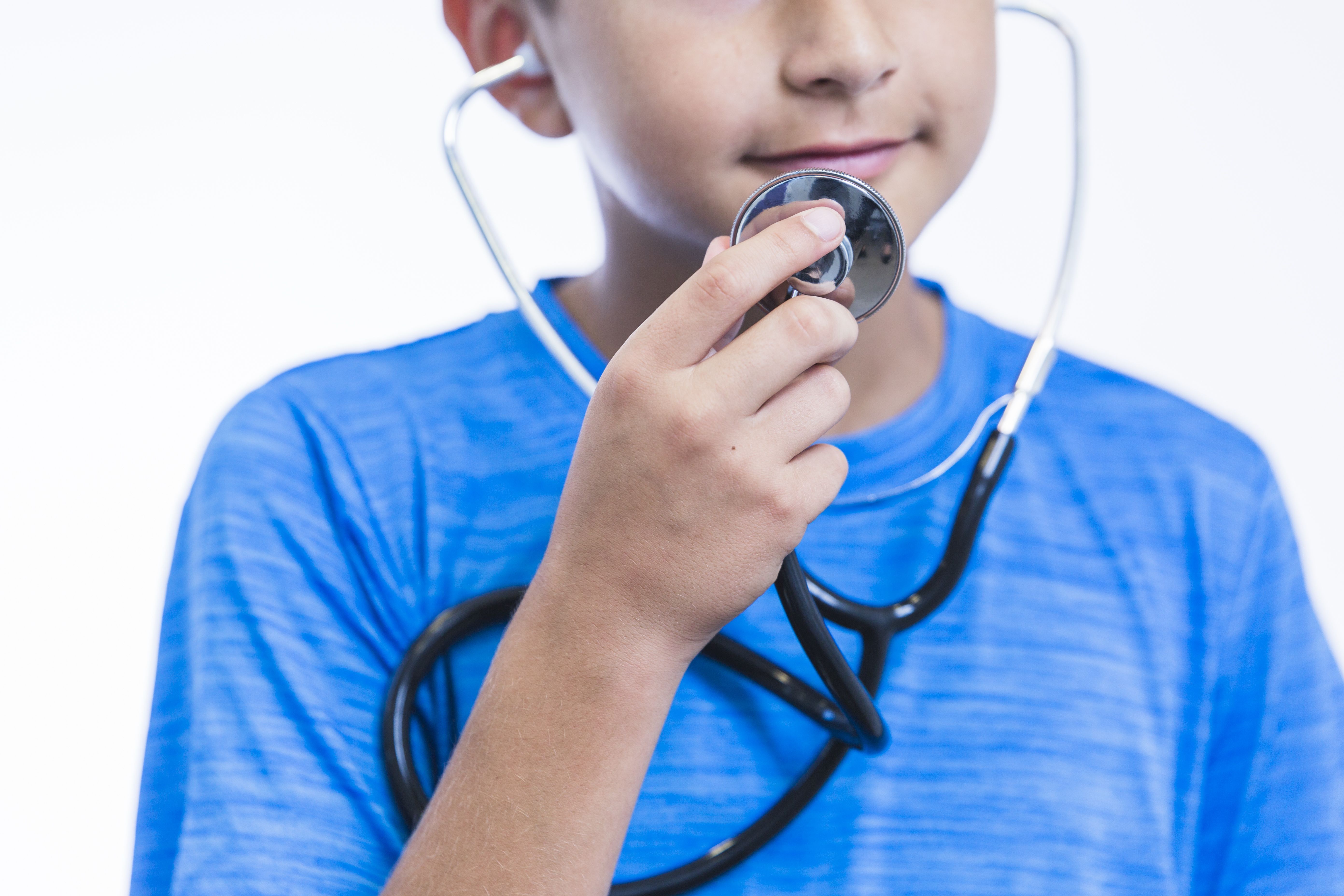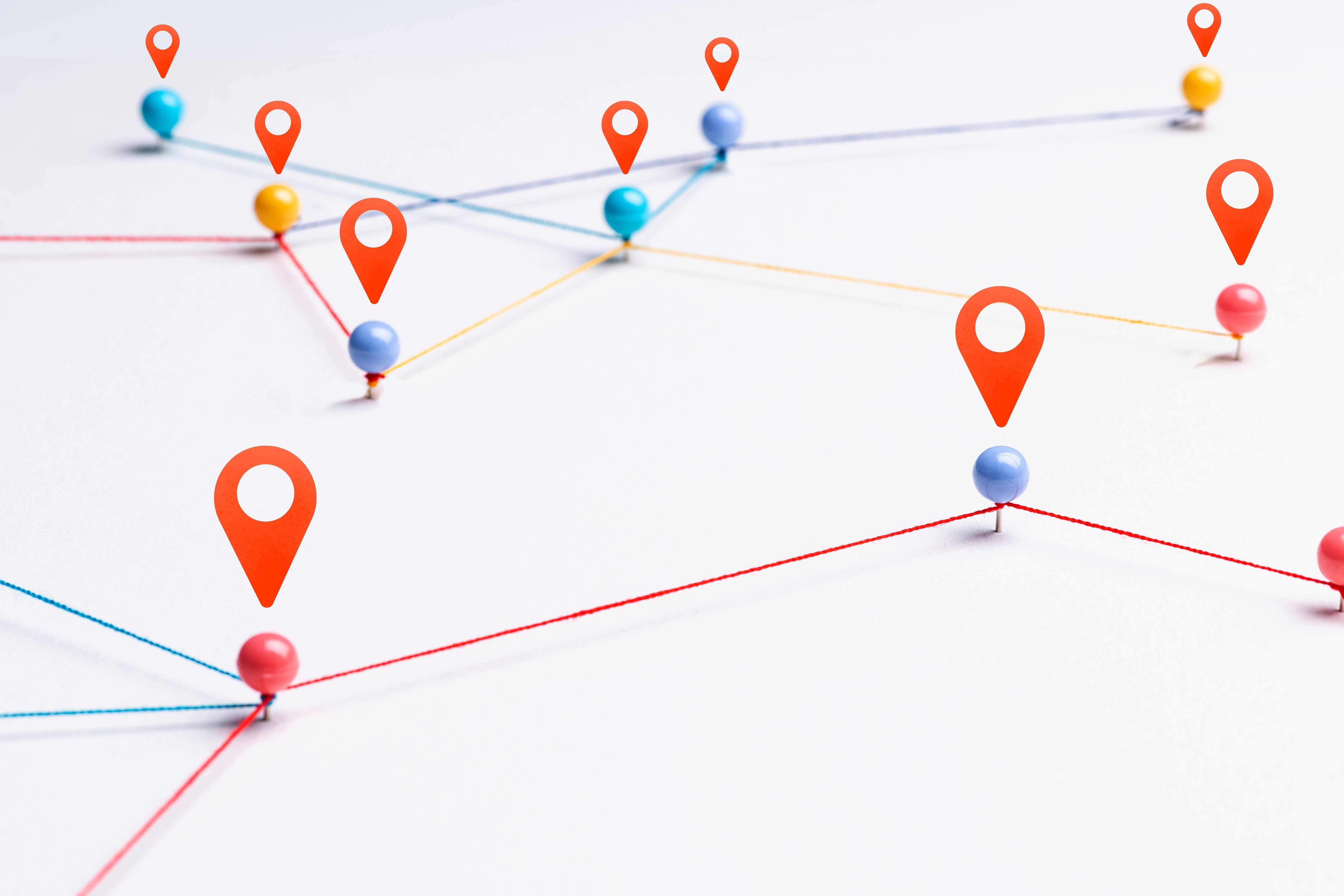Check back often for interesting articles on sudden cardiac arrest.
Be sure to check back regularly to get our latest news updates.
Learn more about sudden cardiac arrest (SCA)
October is Sudden Cardiac Arrest Awareness Month
Why Everyone should have an AED/Defibrillator at home
The PulsePoint Lifesaving App has launched in Summit County. PulsePoint is a free-to-download mobile app, which in cooperation with Summit County 911 Dispatch alerts CPR-trained citizens of cardiac events in their vicinity so they may administer aid while awaiting EMS to arrive, informs the community of emergency activity in real time, and maintains an Automated External Defibrillator (AED) registry.
What is an AED -- and Why Every Community Needs One
Understanding AFib - what is it and what to do about it
Donate an AED and help save lives of sudden cardiac arrest victims
The experience of a medical intern with a sudden cardiac arrest victim who didn't receive bystander CPR and the importance of quick action.
How Often toTake a CPR Class
Covid and Sudden Cardiac Arrest - is there a link?
Can a child learn CPR and when should they begin?
Why Hands Only CPR Works
The Connection Between Stress and SCA
How Heart Disease Affects Men and Women Differently
911 Dispatch Offers CPR Instruction Over the Telephone
American Heart Month
Learn how to Respond to Cardiac Arrest in Children
What to Do in an Opioid Overdose Emergency
Learn about the Washington based Resuscitation Academy.
Are COVID-19 and cardiac arrest linked? Here’s what you must know
Myocarditis & Pericarditis: 5 Things You Must Know
It feels great to give! Giving Tuesday and Colorado Gives Day is just around the corner
What’s the best way to show thankfulness? By giving back to others. This Thanksgiving, remember the reason for the season by showing thanks through giving.
The sooner a bystander starts cardiopulmonary resuscitation (CPR) on a person having a cardiac arrest up to 10 minutes after the arrest, the better the chances of survival and brain protection.
Why Everyone Should Get CPR Trained
Connection Between Drug Overdose, Cardiac Arrest, and Death
5 Ways to Manage Stress So Your Heart Doesn’t Have To
5 Ways You Can Benefit from Learning about Sudden Cardiac Arrest
5 things to know about Sudden Cardiac Arrest
What features to look for in an AED
Hands-only CPR vs CPR with breaths. Which should you do?
7 Steps to be Ready to an AED
5 Tips to Ensure You're Providing CPR Correctly
What You Need to Know about Cardiac Arrest and Young Athletes
You should consider having an AED at home in the case of a sudden cardiac arrest (SCA) emergency.
How long will my AED last?
How to perform CPR on a child or infant
How to practice CPR at home
An overview of the Zoll AED Plus and the Zoll AED 3
Ensure your AED is ready to use by maintaining the electrode pads and batteries.
An AED can save the life of a sudden cardiac arrest victim. Here are things to consider when deciding on a new or used AED.
Online vs. In-Person CPR Classes
How to perform CPR on your cat or dog
Staying Heart-Healthy in the Summer Heat
A new study shows that electronic health records can help to predict more individuals at risk for cardiac arrest
The link between energy drinks and cardiac arrest
The History and Milestones of AEDs
The history of CPR
How to Perform CPR on a Child or Infant.
Be prepared to use an AED (automated external defibrillator) and save a life, in the case of an emergency sudden cardiac arrest by knowing where they are located.

